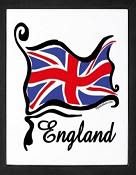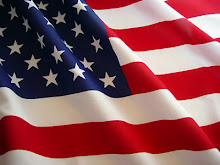The New Taxes Upset Colonists

Colonists were paying more taxes, this was making the colonist angrier than before!
The government said that colonist needed to pay more!
The Sugar Quartering and Stamp Acts Law
The colonial merchants became rich from trading, they were smugglers and avoided paying taxes from their imports.
1764- George Grenville protested to collect duties in effect.
The Sugar Act lowered the duty molasses.
Molasses: A thick syrup produced during the refining of sugar.
Grenville created corks that collected duty/taxes and persecuted the smugglers.
In early 1765, they had another law: "The Quartering Act". It was to give a room to people who fought British troops, housing and supplies.
Massachusetts Government Act: they couldn't elect the assembly, They put colonies under an appointed government and could not have meeting.
Later in 1765 appeared the "Stamp Act"
The Stamp Act: Every printed material had a stamp and it was required to pay a tax.
Colonist saw this as a conspiracy against them.
LCD Text Generator at TextSpace.net
Colonists protested the stamp act was a conspiracy.
In November they claimed threatened their liberty, parliament had no rights to tax them. The Parliament was taxing everywhere in the empire, but the Parliament argument didn't convince the colonists. Colonists discovered that the parliament was taking away the right to tax themselves, so only colonists pay the taxes; that's Taxation Without Representation.
The colonist wanted to pay taxes, but to help themselves, they wanted to decide!!
Taxation without Representation
English eagerly protected the "Stamp Act", if threatened their liberty. They argued that they had no representation, so they couldn't put so much taxes. Believed that if they accepted this, there would be even more taxes. They saw it like a threat to their liberty for being a conspiracy. Many large citied didn't elect their representatives also, so the Parliament didn't understan why they complained.















